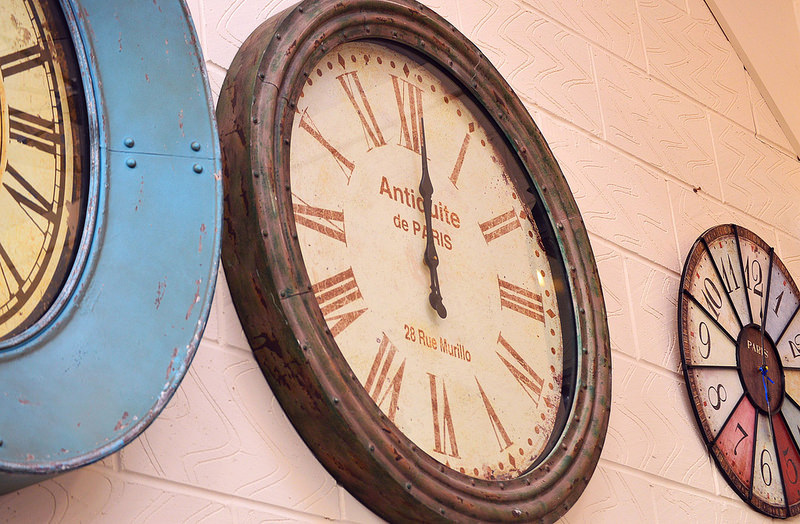| This is not the time change that makes us cranky, so you may not be open to a discussion about daylight saving. Other than thinking it gets dark awfully fast, your Sunday is likely to be a well-rested one. But at least one Utah lawmaker wants to put an end to resetting the clock. Depending on how it goes, we may need to change the state song to that old Chicago hit, “Does anybody really know what time it is?” |
| | If you think answering that question is easy, you haven’t thought it through. “The legislators I talk to about this roll their eyes and say, ‘Why are we spending time on this?’” state Sen. Aaron Osmond told me, as we discussed a bill he plans to sponsor which would, come March, make daylight saving permanent in Utah. He said his colleagues believe there are more important things to worry about during their annual 45-day session. “But I was elected to represent the people, and I have received more email on this issue than any other.” Whether he was elected to put Utah into the Central time zone, however, remains to be seen. If you think it’s hard to remember what time it is in Arizona, which remains on standard time all year, consider that if Utah is on permanent daylight saving time, it would align itself with Chicago and the rest of the Midwest when everyone else falls back each year for the winter. Not only that, we would be two hours ahead of all points west. And if you think that is weird, consider that earlier this year, a lawmaker in Kentucky wanted to place his state permanently on standard time. Because half of Kentucky is in the Central time zone and half in the Eastern, this would put the west side of the state in the Mountain time zone much of the year. Fortunately, that would be a different time of year than when Utah, under Osmond’s bill, would be in the Central time zone (Pay attention! There will be a quiz later). This sort of world would not be kind to airline schedulers or conference call coordinators. But since I started this with a reference to that old Chicago hit, let’s continue with the next line, “Does anybody really care?” Not about at least one thing, Osmond said. “People don’t really care what other states think. Nobody really cares what’s being said outside Utah. They don’t really care how they have to change their watches when they cross the border.” What they do care about is being inconvenienced twice a year, and the potential that causes for accidents and other problems. As one anonymous respondent said on a recent state survey on the subject, “We don't rise with the sun any more; we rise with our work schedules.” Maybe, but is it good to celebrate the New Year an hour before folks in Denver? Confusion isn’t an ideal condition. After World War II, much of the nation set its own clocks. A report by Livescience described how, “One 35-mile bus ride from Allentown, W.Va., to Steubenville, Ohio, took riders through no less than seven different time changes.” Even “Minneapolis and St. Paul were on different clocks, creating confusion for workers who lived in one city and commuted to the other.” Sure, smart phones could keep track of all this today, but is it really worth an extra hour of sleep? What we’re talking about here, in essence, is establishing a separate time zone for Utah (Mormon standard time, anyone?). Osmond said he decided to push for a permanent daylight saving time, rather than standard time, after being convinced of the economic benefits, particularly when it comes to recreation. His heart is in the right place. He has found an issue that touches public nerves. I doubt anyone has ever said, “I love changing to Daylight Saving Time.” Unfortunately, however, this is an issue best solved by Washington. A unified, permanent, nationwide time system makes sense. The prospect of Washington solving this, however, brings us back to that old Chicago song. “We’ve all got time enough to cry.” |


 RSS Feed
RSS Feed

